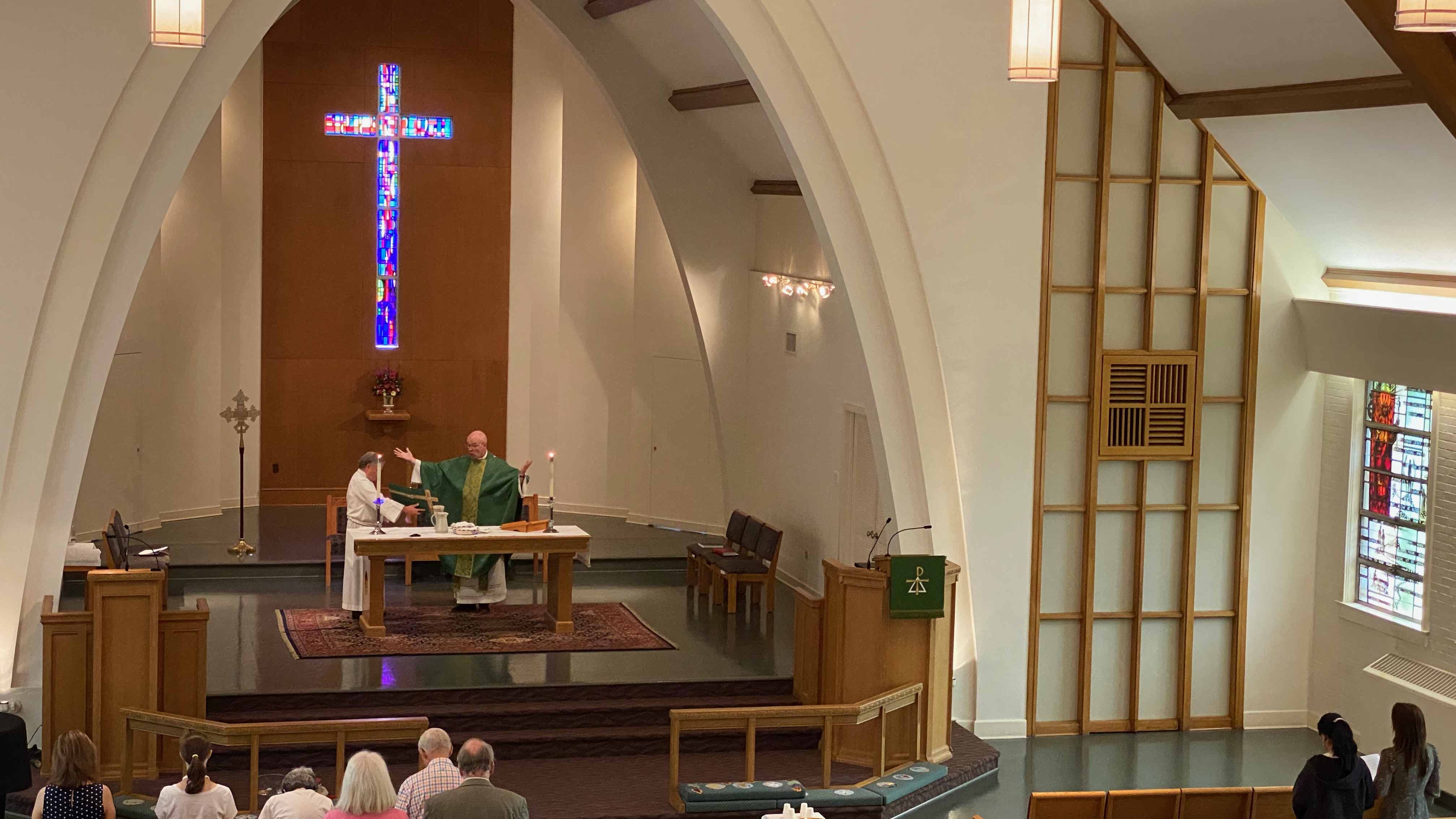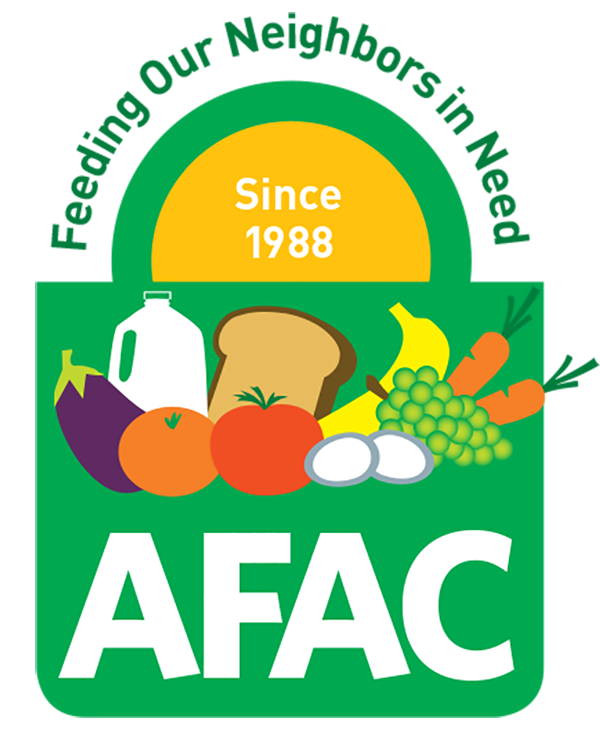One current flash point concerning freedom has to do with the culture war conflict over wearing facial coverings, masks, during the pandemic. Those who resist or refuse to wear facial coverings may claim that wearing a mask infringes on their personal liberties, or freedoms. Again, though, this is where one person’s freedom may infringe on the rights of others, for example, to be protected from possible transmission of the coronavirus by even asymptomatic persons.
To pierce through the cacophony of competing and conflicting voices about freedom, I want to draw your attention to what freedom means in the Lutheran tradition. Maybe clarity about what we believe in relation to freedom will help us to wade through the morass of other competing claims in popular culture and current society. Moreover, maybe a Lutheran understanding of freedom will inform the kinds of policies and practices you are inclined to support beyond the confines of the church.
The year 2020 marks the 500th anniversary of the publication of Martin Luther’s famous treatise, “Freedom of a Christian,” which went public in November of 1520. To my mind, this treatise is perhaps the most compelling statement of Luther’s various theological viewpoints, including justification by grace effective through faith, the nature of our relationship with Christ, and more. Quite importantly, “Freedom of a Christian” sets forth a clear articulation of Luther’s, and thus Lutheran ethics, our moral stances and practices in society.
“Freedom of a Christian” is essentially a commentary on a paradox that begins the treatise. Luther writes, “A Christian person is a free sovereign, above all things, subject to no one. A Christian is a dutiful servant in all things, subject to everyone.” I had occasion to publish a short essay on “Freedom of a Christian” in a journal for preachers in 2017 during the 500th anniversary of the beginning of the Reformation. For those who want to read a bit more in depth, here’s a link to that article: https://www.pulpit.org/2017/06/exploring-paradoxical-christian-freedom-in-2017/
But here is a very brief summary of what I believe Luther intends to say. Again, Luther begins, “A Christian person is a free sovereign, above all things, subject to no one.” That is to say, because we are saved and made right with God by God’s free gift of grace, effective through our faith, that is, our trust in that grace, we need not be subject to any kind of anxious, striving servitude in life and practice when it comes to trying to work out our salvation. When it comes to our ultimate salvation, we owe no one anything. Salvation is entirely a gift from God. Of course, Luther does not and cannot stop with the first statement in his paradox – though many voices in our society might wish he did…. No, Luther continues, “A Christian is a dutiful servant in all things, subject to everyone.” That is to say, because we are free in terms of the unmerited gift of God’s saving grace, we are thus also free to devote our full attention to our efforts actively to promote our neighbors’ holistic well-being. This is a freedom FOR the other, and not a freedom FROM the other.
This paradoxical view is the bedrock foundation for a Lutheran understanding of Christian ethics which informs our decisions and activity in church and society. And here is the brilliance of Lutheran theological ethics: because we are saved by God’s free gift of grace, we are free to love the neighbor without ANY strings attached. Some understandings of Christian ethics command that we serve our neighbor in order to help us get right with God. That kind of instrumentality, of using our good behavior to our neighbors as a means to attain higher status with God, does a kind of spiritual violence to our neighbors in that they become means to another end, namely, our ultimate salvation. The Lutheran way short-circuits such self-centered instrumentality and thus opens up the horizon for us to embrace and love our neighbors as ends in themselves, looking directly into their longing eyes without being distracted by other concerns off in a far distance.
In my estimation this Lutheran foundational ethical principle, and its related view of freedom, is sorely needed in our day when we tend to reduce others to what they can do for us. Being dutiful servants in all things, subject to everyone, makes clear that fundamentally our freedom is a freedom for others and not freedom from any and all claims on our activity.
The policy implications of such an approach are profound. Imagine a society built on the principle that love of neighbor is paramount in all things. To take up the question of wearing facial coverings during the pandemic, the Lutheran view basically says, “In grace-filled Christian freedom, I get to wear a mask purely for the sake of my loving regard for all of my neighbors, especially those most vulnerable.”
Here’s my prayer for you and for our sorry world: may Lutheran theological ethics inform how we understand freedom amidst the bewildering array of competing claims about freedom today, and may such an understanding guide the choices we make, the candidates we support, the policies we promote. Let freedom ring – for the sake of our neighbors.
In thanksgiving to God for lavish, free grace in Christ and for the freedom to love our neighbors without any strings attached,
Pastor Jonathan Linman






